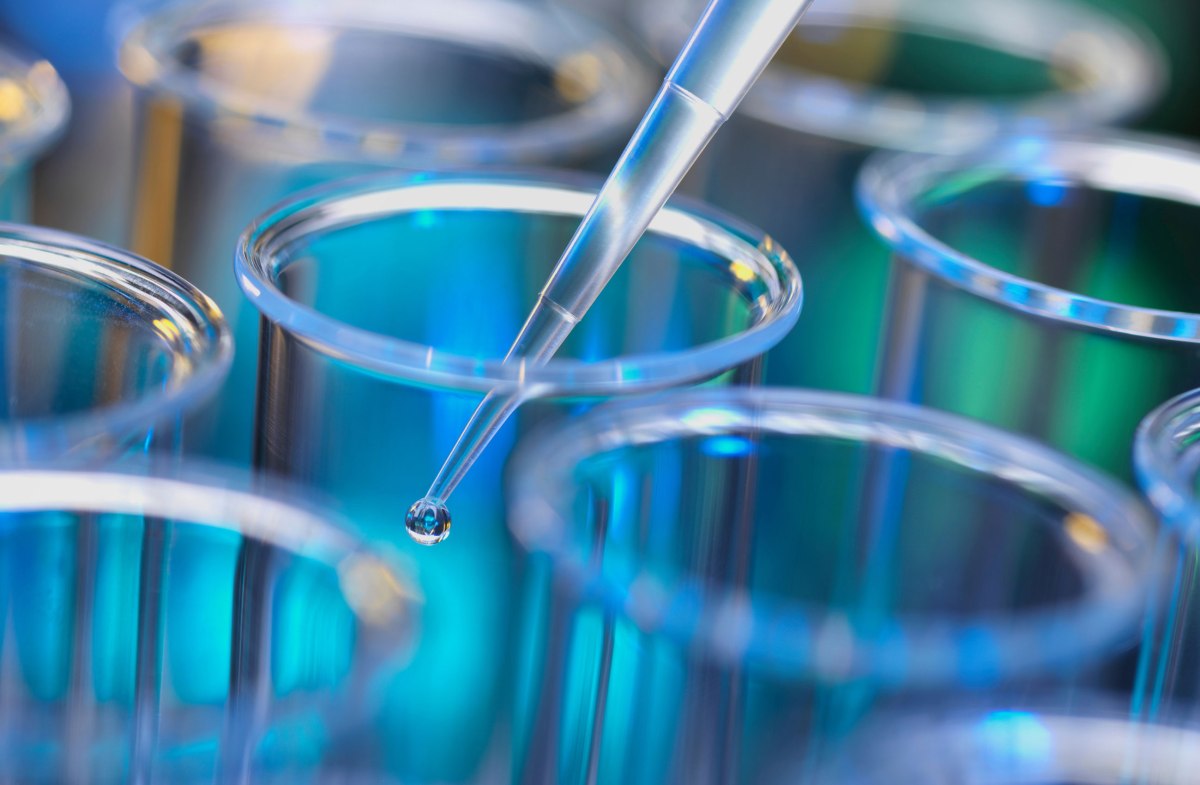The synthetic biology and precision fermentation space is a hotbed of entrepreneurial activity these days. But it’s not every day you come across a startup that’s using genetic engineering to produce natural rubber — a substance that’s challenging to reproduce in a lab because of how long its polymer is. Paris-based baCta has a proof […]
© 2024 TechCrunch. All rights reserved. For personal use only.
The synthetic biology and precision fermentation space is a hotbed of entrepreneurial activity these days. But it’s not every day you come across a startup that’s using genetic engineering to produce natural rubber — a substance that’s challenging to reproduce in a lab because of how long its polymer is.
Paris-based baCta has a proof of concept up and running that uses engineered bacteria (E.coli) to yield natural rubber in vitro. The startup says its method, which relies upon a renewable feedstock — currently it’s using glucose but is aiming to diversify into acetate and carbon — is carbon neutral.
The startup has just bagged €3.3 million (around $3.6 million at current exchange rates) so it can get to work on its next challenge: figuring out how to industrialize its lab-based process and move from producing milligrams of raw material so far into the far greater quantities necessary for other companies to use its rubber to make their own products.
Around half the world’s rubber is synthetic (i.e. derived from petroleum); the other half (natural rubber) is harvested from the latex-laden sap of Hevea trees. Neither route is great from a sustainability point of view. Though natural rubber might sound more environmentally friendly, it can lead to deforestation if land is cleared to make way for Hevea plantations.
At the same time, with the advent of emissions reporting regulations and the like, manufacturers in Europe and elsewhere are under pressure to find ways to reduce their carbon footprints. So if a raw material’s supply can be greener, and the product is competitively priced, there should be a clear incentive to switch to a bio-engineered version of natural rubber.
BaCta CEO and founder Mathieu Nohet sounds confident that the startup, which was only founded in January 2024, will be able to scale up production of its biosynthesized natural rubber.
He also thinks the approach it’s taken — which involves “synthetic AI enzyme technology that basically lifts scientific barriers and enables polymerization of rubber inside bacteria,” as he explains it — will allow it to hit a price-point that’s competitive versus the conventional commodity, while offering major reductions in CO2 emissions.
“Having this polymerization mechanism inside the cell enables us to be much more efficient in terms of yield and, ultimately, in terms of cost per kilogram, which means that if we’re able to pull off the mixotrophic approach [i.e. feedstock diversification], we’ll actually be competitive with the commodity at the price that is today.”
“We’re testing acetate [as a feedstock] and also trying to fix carbon directly inside the cell to increase yield, decrease cost and carbon impact. [Natural rubber] has a huge carbon impact, so we could actually remove hundreds of millions of tons of CO2 from the atmosphere if we [are] successful.”
Initially, baCta’s go-to-market strategy entails targeting the material at luxury fashion/apparel brands — so for use-cases like premium shoes, bags, etc. — which don’t need large quantities of raw material. It would then seek to expand out to more industrial-style use cases (rubber parts for vibration damping in machinery, for example) once it’s stepped up production.
“The goal is to scale it up,” he says. “First try it in a fermenter, get it out of the lab, basically, and then to a pilot scale. So, let’s say, 100 to 200 liters cultures, so that we can start delivering bigger batches to our potential customers.”
The startup is hoping to reach pilot scale in 18 months, per Nohet. “Then we would raise another round to reach pre-industrial scale,” he says.
BaCta’s pre-seed round is led by OVNI Capital, with participation from another.vc, Kima Ventures, Sharpstone Capital, and “prominent” business angels, including Thibaud Elziere and members of the Hexa team, as well as Nicolas Morin, co-founder of Gourmey.
Since the startup’s natural rubber is produced through genetic engineering, Nohet confirms they are able to remove specific proteins in the tree sap that can trigger allergies. This means the biosynthesized natural rubber could have an added benefit in that it could be marketed as hypoallergenic.
Down the line, the startup has plans to move beyond rubber production, too: It wants to apply the approach to deliver carbon neutral production of isoprenoids — a family of chemical compounds derived from a monomer of the rubber polymer — that have many uses in areas like industrial and pharmaceutical production.
But the company is sticking with natural rubber for starters.
“Rubber has this advantage where many, many people use it for different usage,” he notes. “So we can actually have a sequential go-to-market, where we start with a very high-end customers, and then move towards more mass market. Plus it’s a very, common, famous, understandable product. So we think it’s easier to get people behind the mission with a first product that everybody knows.”

Leave a Reply